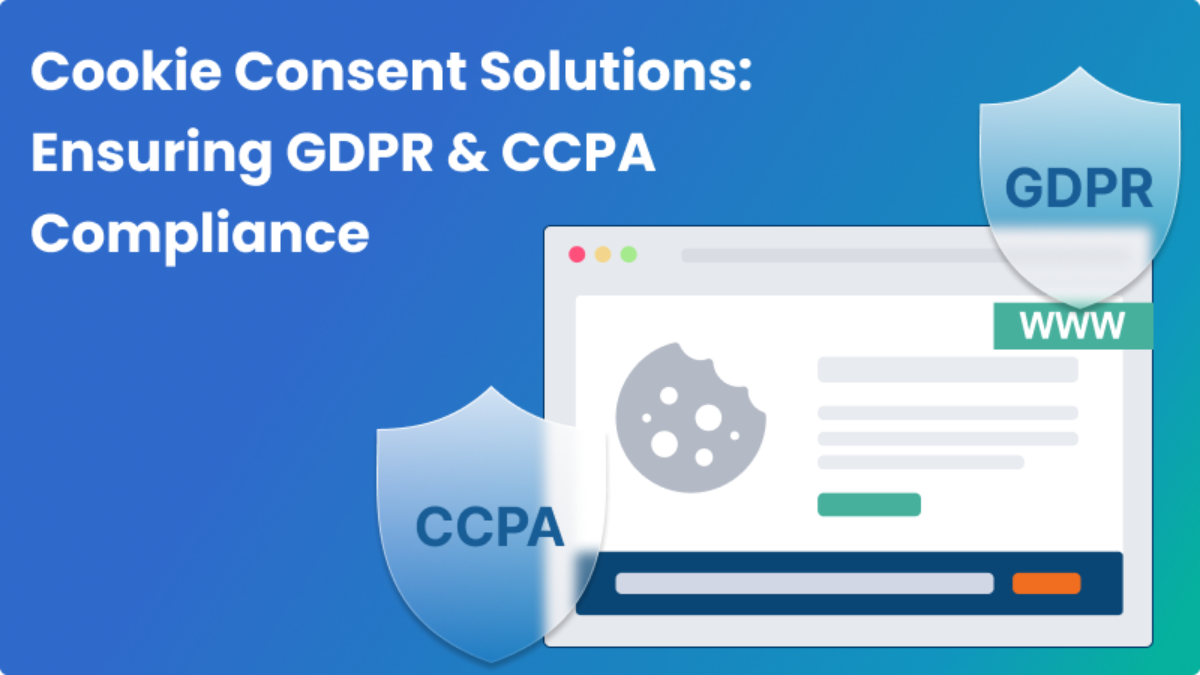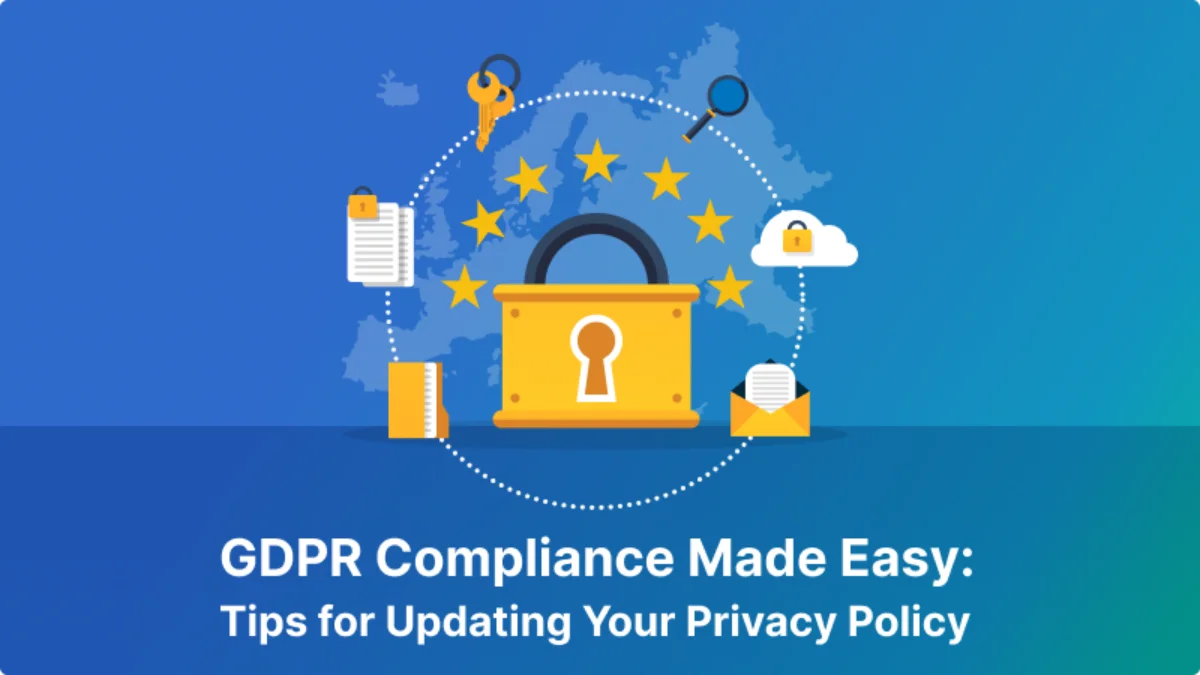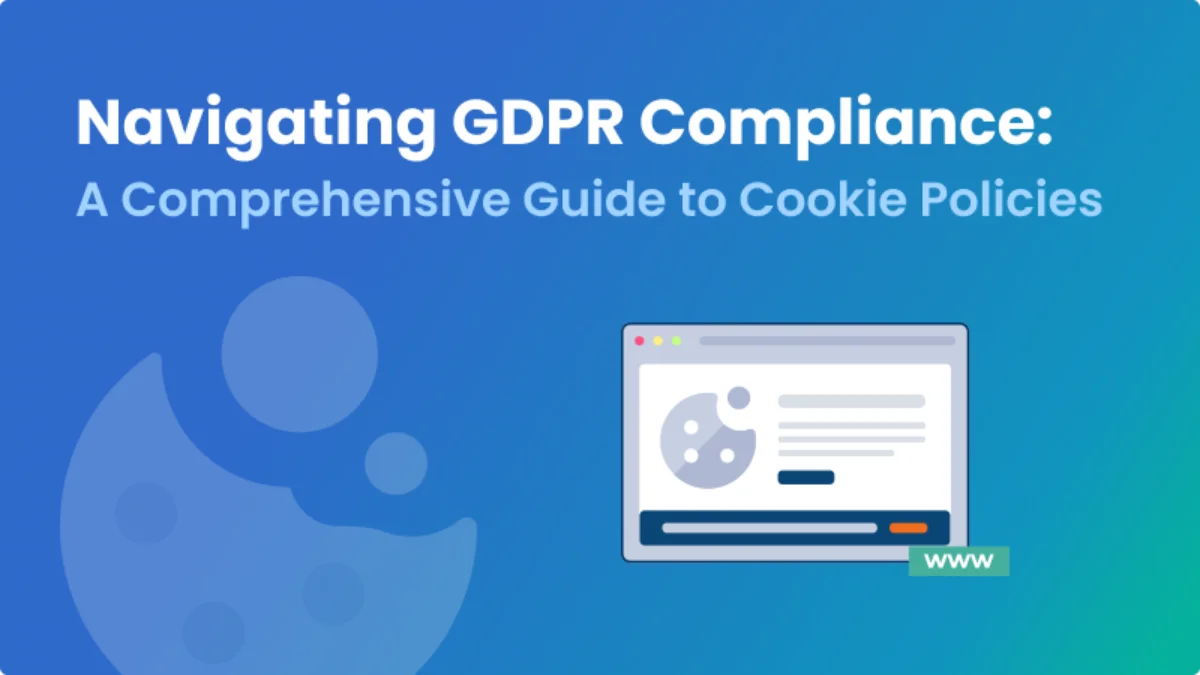5 Key Features to Look for in Privacy Management Software for GDPR Compliance

About The Features Of GDPR Management Compliance Solutions
The General Data Protection Regulation (GDPR) is a complex regulation that requires organizations to take steps to protect the privacy of individuals in the European Union (EU). One of the most important steps organizations can take is implementing privacy management software.
Privacy management software can help organizations to:
- Identify and classify personal data: This is the first step in complying with the GDPR, as organizations must identify all the personal data they collect and process.
- Assess the risks to personal data: Organizations must also assess the risks to the personal data they collect and process. This includes risks from unauthorized access, use, or disclosure, as well as risks from data breaches.
- Implement appropriate technical and organizational measures: Organizations must implement appropriate technical and organizational measures to protect personal data from unauthorized access, use, or disclosure.
- Manage data subject requests: Individuals have the right to access, correct, delete, and port their personal data. Privacy management software can help organizations manage these requests in a timely and efficient manner.
- Report on compliance: Organizations must report on their compliance with the GDPR. Privacy management software can help organizations to generate reports that demonstrate their compliance.
Key Features for Effective GDPR Compliance Software
Let’s see some of the key features of GDPR compliance solutions.
Data Mapping and Inventory
A fundamental aspect of GDPR compliance is understanding and managing the personal data your organization processes. Reliable Privacy Management Software should provide comprehensive tools for data mapping and inventory. This feature empowers you to document the lifecycle of personal data, including its sources, processing activities, recipients, and data flow pathways. Having a clear data inventory is crucial for meeting GDPR’s transparency and accountability requirements.
Consent Management
Obtaining and managing user consent is a central tenet of GDPR. Look for a Privacy Management Software solution that streamlines consent management. This entails collecting, recording, and tracking user consent for various data processing activities.
An effective system enables users to provide and withdraw consent easily. With robust consent management capabilities, you can demonstrate your commitment to respecting individual preferences and private choices.
Data Subject Rights Management
GDPR grants data subjects an array of rights, from accessing their data to rectification and erasure. Privacy data Management Software should facilitate the efficient handling of these requests.
Seek software that automates workflows, provides standardized response templates, and ensures secure communication with data subjects. By effectively managing data subject rights, you demonstrate your dedication to upholding their privacy rights.
Risk Assessment and Mitigation
Understanding and mitigating privacy risks are essential components of GDPR compliance. Your chosen software should enable you to conduct data protection impact assessments (DPIAs) to identify and address potential vulnerabilities in risk management activities. This proactive approach not only aids compliance but also strengthens your overall process personal data security posture.
Incident Management and Reporting
In the event of a data breach, GDPR mandates timely reporting to relevant authorities. Robust Privacy Management Software should aid in detecting, managing, and reporting data breaches. Features like incident logging, severity assessment, and breach notification report generation are crucial for adhering to these obligations.
Additional Considerations
Let’s see some points before considering the solution for GDPR Compliance. See the best features below:
User-Friendly Interface
Opt for software with an intuitive interface to empower your privacy and compliance teams without requiring extensive training.
Integration
Ensure the software can seamlessly integrate with your existing systems to maintain accurate and consistent data records.
Security
Given the sensitive nature of the data you handle, prioritize software with robust security features, including encryption and access controls.
Scalability
Select software that can accommodate your organization’s growth and evolving regulatory requirements.
Audit Trails and Documentation
Look for software that maintains detailed logs of user activities and changes, facilitating accountability during compliance assessments.
Benefits of Data Privacy Management Software
Read below the benefits of a data compliance automation software
- Reporting and Analytics: Privacy Management Software generates reports and provides insights on privacy compliance efforts, aiding informed decision-making in accordance with GDPR.
- Data Security: It enhances data security through features like encryption, access controls, and secure data handling practices, aligning with GDPR’s emphasis on safeguarding personal data.
- Data Transparency: It assists in creating comprehensive data maps and inventories, thereby enhancing transparency about data processing practices in line with GDPR requirements.
- Customer Trust: Utilizing this software demonstrates an organization’s commitment to data privacy, and building trust with customers and partners as GDPR compliance is prioritized.
- Workflow Automation: Privacy Management Software automates privacy-related tasks, reducing manual effort and thereby enhancing operational efficiency to meet GDPR obligations.
- Efficient Compliance: By simplifying adherence to data protection regulations like GDPR, the software minimizes the risk of fines and legal consequences.
Conclusion
In the current landscape, where privacy regulations are continually expanding, data volumes are skyrocketing. Consumers are increasingly conscious of their privacy rights, and privacy software has evolved from mere necessity to indispensable for organizations.
This privacy management tool is pivotal in simplifying the often intricate compliance process with privacy regulations. It doesn’t just help organizations check off compliance boxes; it empowers them to gain valuable insights from their data practices. It is also a trust-builder and demonstrates an organization’s commitment to safeguarding sensitive information and respecting individual privacy rights. This, in turn, fosters stronger and more resilient relationships with customers, partners, and stakeholders.
Privacy management software has become an integral component of the modern tech stack in today’s digital world, where data is a cornerstone of business operations. It isn’t just a tool for compliance reporting; it’s a strategic investment that helps organizations thrive in an era where data privacy and security are paramount concerns.

















